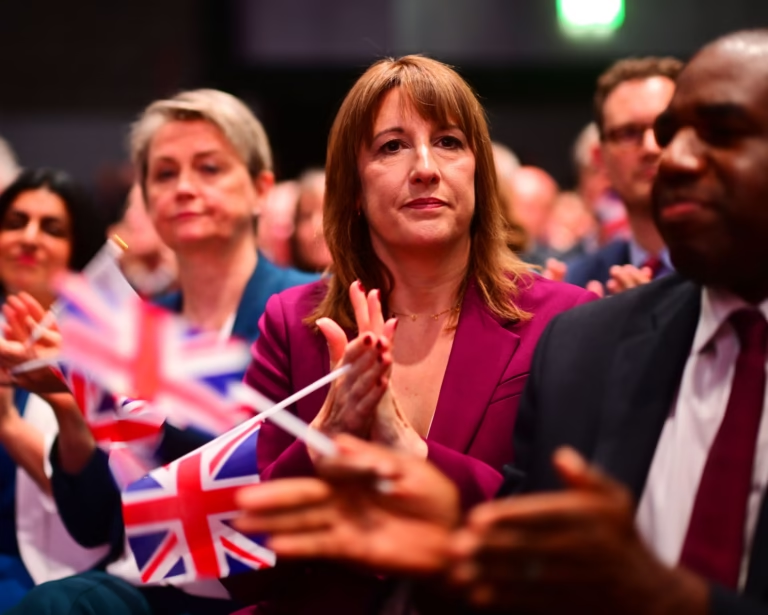Chancellor Rachel Reeves is under pressure from some Labour colleagues to consider breaking manifesto pledges rather than risk a “pasty tax” budget, raising money through numerous small levies. Sources said the debate intensified as the independent Office for Budget Responsibility (OBR) delivered its first fiscal forecast to the Treasury on Friday, highlighting a challenging outlook for government finances.
Labour’s manifesto, adopted before returning to power last year, promised not to increase national insurance, VAT, or income tax, which together generate roughly three-quarters of the UK’s tax revenue. Officials and advisers in Downing Street have reportedly warned that adhering strictly to these pledges could make the budget appear disjointed and politically risky.
Despite the warnings, Reeves remains committed to the manifesto promises and has not asked officials to cost potential tax measures that would breach them in November’s budget. Over the summer, the OBR completed a review of productivity forecasts, presenting Reeves with a significantly more pessimistic growth projection. Friday’s forecast, which for the first time included tax and spending predictions, suggests Reeves could face a £20bn to £40bn shortfall against the £10bn headroom she left herself in spring, after accounting for higher borrowing costs and previous U-turns on winter fuel and welfare cuts.
Treasury sources said officials are seeking to mitigate the gap by highlighting the pro-growth impact of government policies. “We are talking to the OBR about growth measures. There’s a lot of work going on with that,” one source said. Meanwhile, Labour’s chief secretary, Darren Jones, stirred debate at the party conference by suggesting the manifesto “stands today because decisions haven’t been taken yet,” signaling a softer line than the Treasury has previously maintained.
Raising income tax rates by 1p could generate £8.5bn in the first year, while a 1p rise on employee national insurance contributions would raise £7.3bn. VAT increases are considered unlikely due to inflationary pressures, which remain above the Bank of England’s 2% target. Fuel duty, frozen since 2011–12, is also a sensitive issue, with estimates suggesting reinstating its link to inflation could raise nearly £5bn a year by 2029–30. Rightwing newspapers would likely frame such a move as a burden on working-class drivers.
Other potential measures under discussion include taxing landlords’ rental income, charging capital gains tax when wealthy individuals leave the country, and limiting pension tax relief. Some cabinet ministers say large firms prefer a single broad-based tax rise over multiple small measures, which critics refer to as the “pasty tax” approach. The term references the backlash against George Osborne’s 2012 budget, when minor VAT changes on products including hot takeaway foods provoked widespread public outrage.
Labour strategists argue that broad-based increases, such as on income tax or national insurance, would be easier to communicate to voters than a string of minor adjustments. Reeves’ advisers reportedly expect to conduct a “zero-based review” of all budget options, including broad tax reforms. Campaigners for tax reform hope the government will address longstanding structural issues, such as aligning capital gains and income tax rates.
Experts have praised the manifesto pledges as a framework for forcing detailed consideration of the UK’s tax system. Andy Summers, director at the Centre for the Analysis of Taxation, said the restrictions could encourage careful structural reforms rather than short-term revenue measures. However, insiders note that the government’s ambition for major tax reform has been constrained by time, making a combination of smaller measures more likely in the upcoming budget.
A Treasury source emphasized that decisions rest with the chancellor, cautioning against speculation: “We aren’t going to give a running commentary on the OBR’s forecasts. There is a lot of rubbish out there from people who claim to know what is in the budget before decisions have been made. The chancellor will make those decisions, no one else.”
The debate highlights the tension between political pledges and fiscal realities, as Reeves navigates the challenge of balancing manifesto commitments with the need to close a significant budget gap.







